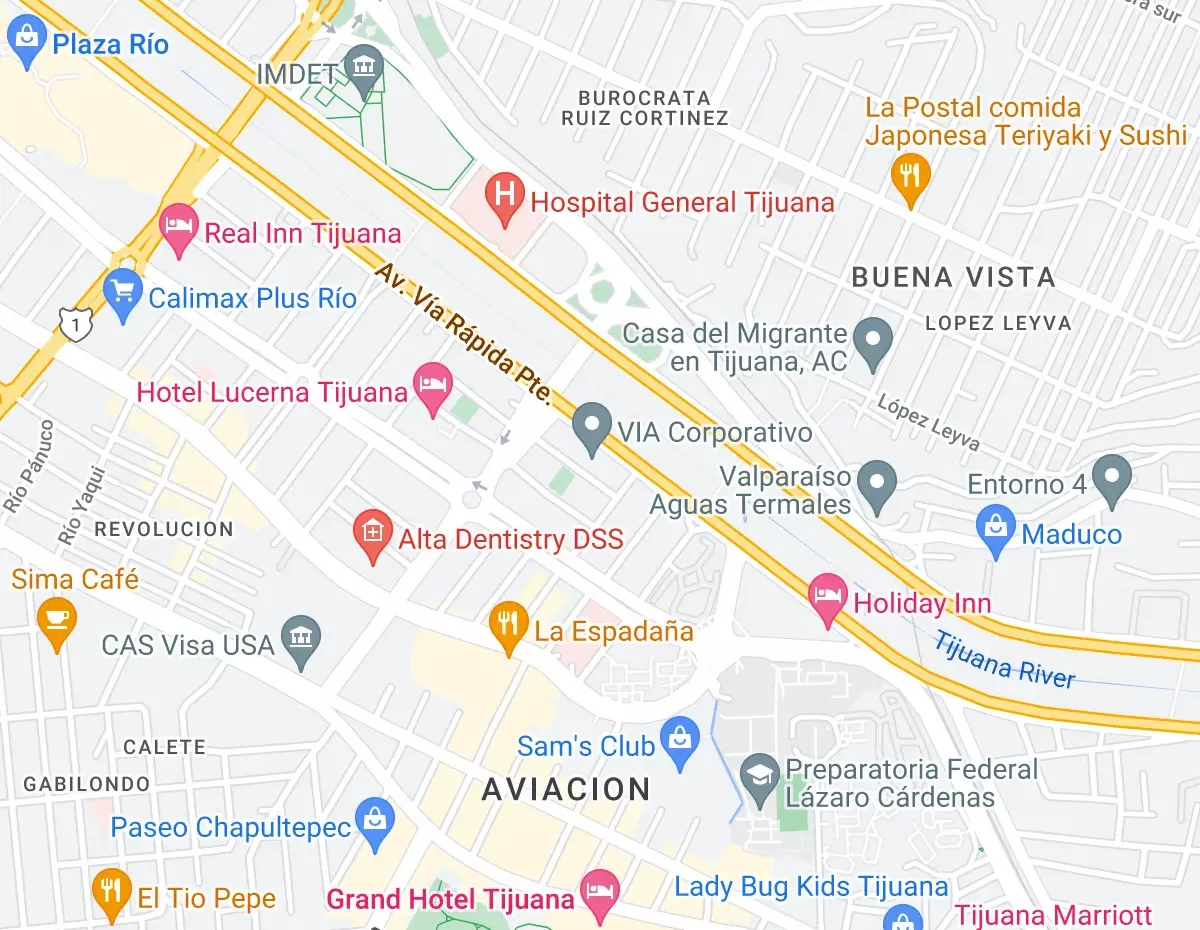Ibogaine, a naturally occurring psychoactive substance derived from the root bark of the African shrub Tabernanthe iboga, presents a compelling alternative for addressing treatment-resistant depression. Unlike conventional antidepressants, which often target single neurotransmitter pathways, ibogaine’s multifaceted mechanism of action involving serotonin, dopamine, and NMDA receptors offers a holistic approach to mental health.
The potential of ibogaine to facilitate emotional breakthroughs and deeper self-awareness is particularly remarkable. Given the growing interest in integrative and transformative mental health therapies, exploring the full spectrum of ibogaine’s impact on depression could reveal new horizons in psychiatric care.
Key Takeaways
- Ibogaine modulates neurotransmitters like serotonin and dopamine, improving mood and motivation in depressed patients.
- It uniquely binds to NMDA and opioid receptors, contributing to its therapeutic effects on depression.
- Clinical studies show significant reductions in depressive symptoms and emotional breakthroughs in patients using ibogaine.
- Ibogaine's psycho-spiritual journeys help patients confront trauma, aiding in long-term mental health improvements.
- Regulatory and public awareness efforts are crucial for integrating ibogaine into mainstream mental health treatments.
Ibogaine's Role in Improving Mental Health and Combating Depression
Ibogaine's role in improving mental health and combating depression is becoming increasingly recognized for its unique therapeutic effects. Using Ibogaine for depression promotes neuroplasticity, helping to rewire neural pathways that contribute to depressive symptoms. This powerful approach addresses both the psychological and physiological aspects of mental health. By resetting these pathways, ibogaine offers a promising solution for those struggling with chronic depression.
Beyond its benefits for depression, ibogaine for anxiety is also showing potential in alleviating anxiety symptoms. The substance helps reduce the intensity and frequency of anxiety episodes by targeting underlying neurological mechanisms. This dual action makes ibogaine a comprehensive option for depression and anxiety treatment. Individuals often report a sense of calm and improved emotional regulation after ibogaine therapy.
In addition to its effects on mood disorders, ibogaine's holistic approach supports overall mental well-being. By addressing both depression and anxiety, it provides a more balanced and integrated mental health treatment. The neuroplasticity induced by ibogaine allows for lasting changes in mental health patterns. This makes it a powerful tool for long-term mental health improvement.
Ibogaine for depression and anxiety treatment is gaining traction as an alternative to traditional pharmaceuticals. Its natural origin and unique mechanism of action set it apart from conventional treatments. Patients often experience fewer side effects and more profound benefits compared to standard medications. As a result, ibogaine is becoming an attractive option for those seeking holistic mental health solutions.
Understanding Ibogaine as a Treatment for Depression
Ibogaine’s ability to treat depression is rooted in its complex interactions with neurotransmitter systems and its impact on neuroplasticity. It has shown promise in alleviating depressive symptoms through various mechanisms, offering a unique approach compared to traditional antidepressants.
Neurotransmitter Modulation
Neurotransmitter modulation plays an essential role in ibogaine’s mechanism of action for alleviating depressive symptoms in patients. By influencing key neurotransmitters, ibogaine helps restore balance in brain chemistry, thereby mitigating the effects of depression.
- Serotonin Levels: Ibogaine has been shown to elevate serotonin levels, which are often deficient in individuals suffering from depression. Increased serotonin contributes to improved mood and overall emotional well-being.
- Dopamine Regulation: Dopamine dysregulation is commonly associated with depressive symptoms. Ibogaine’s ability to modulate dopamine pathways can result in enhanced motivation and pleasure, counteracting the anhedonia typically experienced by depressed patients.
- GABA and Glutamate: Beyond serotonin and dopamine, ibogaine also affects GABAergic and glutamatergic systems. GABA, an inhibitory neurotransmitter, and glutamate, an excitatory neurotransmitter, are essential for maintaining neural equilibrium. Ibogaine’s action on these systems can help stabilize mood and reduce anxiety.
Receptor Binding Dynamics
Ibogaine binds to a variety of neural receptors, exerting its therapeutic effects through complex interactions that modulate brain activity and neurotransmitter release. One of the key aspects of ibogaine’s mechanism of action is its binding affinity for different receptor types, including serotonin, dopamine, and NMDA receptors. The binding affinity, which refers to the strength of the interaction between ibogaine and these receptors, is important in determining its efficacy in altering neural pathways implicated in depression.
Ibogaine exhibits a high binding affinity for the sigma-2 receptor, which has been associated with neuroprotection and anti-depressive effects. Additionally, ibogaine’s partial agonistic action on the serotonin transporter (SERT) and its ability to inhibit the reuptake of serotonin contribute significantly to mood stabilization. The drug’s interaction with NMDA receptors also plays a crucial role in neuroplasticity, facilitating long-term changes in synaptic strength that could underpin its antidepressant effects.
Receptor saturation, the point at which receptors are fully occupied by the drug, is another important factor. Properly achieving receptor saturation ensures maximum therapeutic benefit, avoiding subtherapeutic or toxic levels. This fine balance underscores the importance of precise dosing regimens in ibogaine therapy for depression.
Addressing Mental Health with Ibogaine
The comprehensive approach of ibogaine in addressing mental health issues involves not only alleviating symptoms of depression but also enhancing overall emotional and psychological well-being. This holistic impact makes ibogaine a unique candidate for mental health treatment.
Emotional Breakthroughs
Patients often experience profound emotional breakthroughs during ibogaine treatment. These breakthroughs can help individuals confront and process deep-seated traumas and unresolved emotional issues. By bringing these issues to the surface, ibogaine facilitates a cathartic release and promotes long-term mental health improvements. This process often leads to significant emotional and psychological healing, which is crucial for sustainable recovery from depression.
Psycho-Spiritual Journeys
Ibogaine induces psycho-spiritual journeys that provide patients with profound insights into their lives and mental health. These journeys can lead to greater self-awareness and understanding of one's emotional and psychological state. By exploring the deeper aspects of their psyche, patients can gain valuable insights that aid in their recovery and contribute to lasting improvements in mental health. This unique aspect of ibogaine therapy sets it apart from conventional treatments and highlights its potential for holistic healing.
Enhancing Neuroplasticity
One of the key benefits of ibogaine is its ability to enhance neuroplasticity. Neuroplasticity refers to the brain's capacity to reorganize itself by forming new neural connections. This process is essential for adapting to new experiences, learning new skills, and recovering from injuries. By promoting neuroplasticity, ibogaine helps restore healthy brain function and supports long-term recovery from depression. This aspect of ibogaine therapy is crucial for achieving sustainable mental health improvements.
Ensuring Safety in Ibogaine Treatment
Ensuring the safety of ibogaine treatment involves a thorough understanding and strict adherence to dosing guidelines and administration protocols, highlighting the necessity for professional supervision throughout the process.
- Cardiac Risks: Ibogaine has been associated with severe cardiac arrhythmias, including QT interval prolongation. Rigorous pre-treatment cardiac screening and continuous monitoring during administration are essential to mitigate these risks.
- Neurotoxic Effects: At higher doses, ibogaine has demonstrated neurotoxic effects in animal studies. Adhering strictly to established dosing guidelines is vital to minimize the risk of neurotoxicity in human patients.
- Liver Function: Ibogaine is metabolized in the liver, and compromised liver function can lead to elevated levels of the drug in the bloodstream, increasing the potential for adverse effects. Liver function tests should be a part of the pre-treatment evaluation.
- Psychoactive Properties: The hallucinogenic nature of ibogaine can lead to intense psychological experiences, which may be distressing or retraumatizing for some patients. Therefore, a controlled setting with psychological support is imperative during administration.
Discover a New Path to Healing Explore how New Roots Ibogaine can transform your mental health. Learn more about our innovative treatments for depression and addiction today. Learn More
How New Roots Ibogaine Can Help
New Roots Ibogaine is at the forefront of providing safe and effective ibogaine treatment for mental health conditions. Their comprehensive approach includes medical supervision, psychological support, and post-treatment integration, ensuring a holistic and supportive environment for patients. By leveraging the therapeutic potential of ibogaine, New Roots Ibogaine aims to help individuals achieve lasting mental health improvements and recovery from depression.
Conclusion
In the grand theater of mental health, ibogaine emerges as the enigmatic protagonist, dazzling both skeptics and believers alike. While modern medicine wrestles with its complexities, this ancient remedy pirouettes through neurotransmitters, choreographing a symphony of healing. Clinical studies and patient experiences provide the applause, though safety concerns and legal hurdles remain the hecklers in the gallery. As the final act unfolds, ibogaine tantalizes with the promise of a revolutionary encore in depression treatment.




